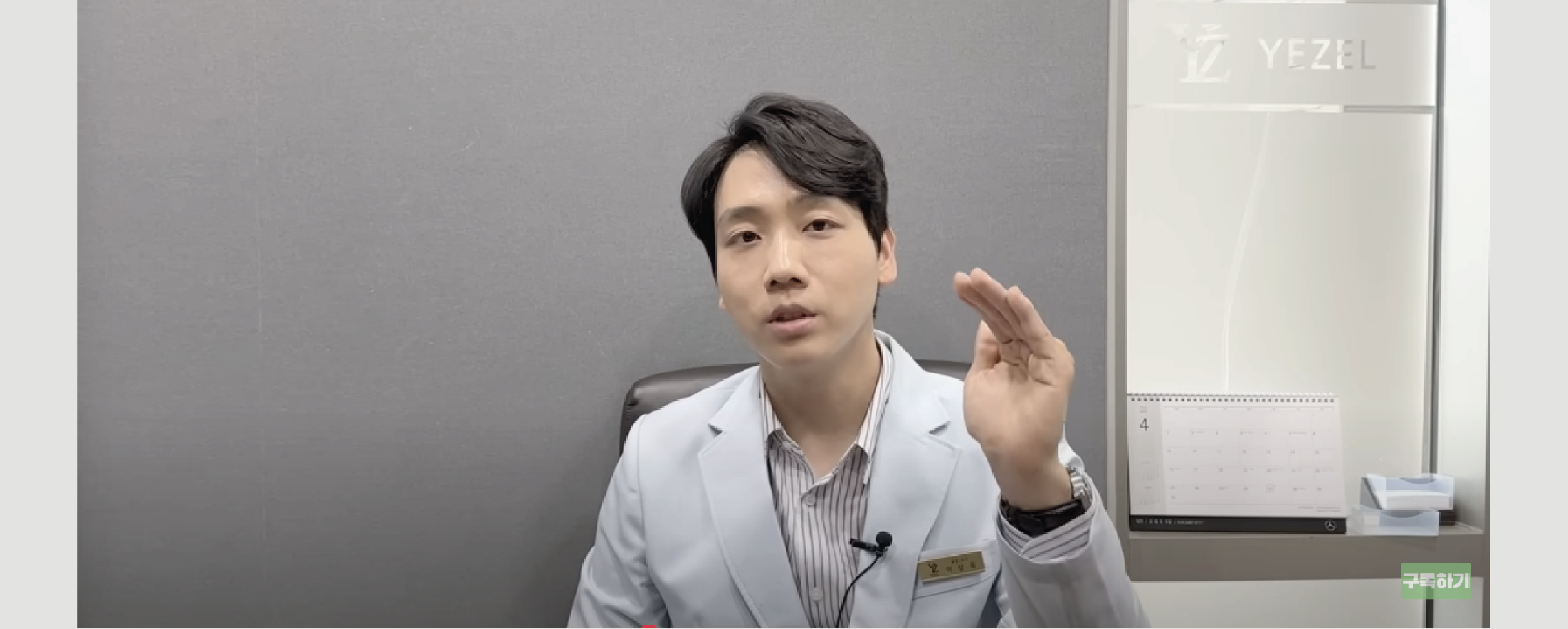Understanding the Truth Behind Sunscreen and How to Choose the Right One for Your Skin, According to Dr. Lee, a Leading Korean Dermatologist.
Korean beauty has taken the world by storm, and when it comes to skincare, there’s no better source of reliable advice than Dr. Lee Sang-Uk, a renowned dermatologist based in Seoul’s Gangnam district. With over a decade of experience treating patients, Dr. Lee’s commitment to skin health goes beyond his clinic—he launched his own YouTube channel to share honest, expert skin care tips with the world. His channel, now with over 700,000 subscribers, focuses on delivering professional, non-commercial advice for achieving and maintaining healthy, glowing skin. In a beauty industry where over-treatment and unnecessary procedures are often pushed, Dr. Lee remains steadfast in his mission to help everyone achieve beautiful, healthy skin with simple, safe practices. Today, we’re diving into a topic that’s often misunderstood: the truth about sun protection and its effect on skin aging.

Source: https://www.youtube.com/watch?v=tZ8S1nBtDEk
The Importance of Sun Protection: Is Sunscreen Really the Key?
As the weather warms up and we start spending more time outdoors, sunscreen becomes an essential part of our daily routine. However, despite its widespread use, many still don’t fully understand its role in preventing skin damage. While most people are aware of the importance of SPF (Sun Protection Factor), there’s a lot more to choosing the right sunscreen than just the number on the bottle.
Dr. Lee explains that the primary purpose of sunscreen is to protect our skin from harmful ultraviolet (UV) rays, which can lead to premature aging, pigmentation, and even skin cancer. There are two types of UV rays to be concerned about: UVA and UVB. UVA rays penetrate deep into the skin, causing long-term aging, while UVB rays are responsible for sunburns and can also contribute to skin cancer. Sunscreen that protects against both types of UV rays is crucial for maintaining youthful skin and avoiding damage.
Why SPF Alone Isn’t Enough
One common misconception is that a higher SPF number means better protection, but that’s not always the case. While SPF 50 or higher is typically sufficient for most environments, the key lies in how and when you apply sunscreen. Dr. Lee emphasizes that sunscreen should be applied generously—one layer isn’t enough. It’s recommended to reapply every 2 to 4 hours, especially if you’re outdoors for extended periods. Additionally, the effectiveness of sunscreen can decrease with sweat, water exposure, or friction, making frequent reapplication essential.
Sunscreen Types: Chemical vs. Physical (Mineral)
Sunscreen comes in two main types: chemical (organic) and physical (mineral). Dr. Lee breaks down the differences between the two to help you choose the right one for your skin type and lifestyle.
- Physical Sunscreen (Mineral Sunscreen): This type uses mineral ingredients like zinc oxide and titanium dioxide, which sit on top of the skin and act as a physical barrier to UV rays. While effective, physical sunscreens can sometimes leave a white cast on the skin, which might not be ideal for everyone.
- Chemical Sunscreen (Organic Sunscreen): These sunscreens absorb UV rays and convert them into heat, which is then released from the skin. They are usually lighter and less likely to leave a white residue, but they may cause irritation for sensitive skin types.
Dr. Lee explains that for people with sensitive or acne-prone skin, mineral sunscreens are often a better choice as they are less likely to irritate the skin. For those looking for a lighter finish without the white residue, chemical sunscreens might be the way to go.
How to Apply Sunscreen Correctly
Dr. Lee shares a step-by-step guide on how to properly apply sunscreen:
- Generous Application: Don’t skimp on the amount—apply enough sunscreen to cover your face and neck. Make sure to cover all exposed areas.
- Reapply Every Few Hours: Sunscreen loses its effectiveness over time, so reapply every 2 to 4 hours, especially if you’ve been sweating or swimming.
- Don’t Forget the Neck: The neck and décolletage area are often overlooked when it comes to sunscreen application, but they are equally exposed to the sun and can show signs of aging early. Dr. Lee recommends applying sunscreen to your neck and chest, especially if you’re wearing low-cut tops or exposing these areas to the sun.
- Make It a Habit: Sunscreen should be part of your daily routine, even on cloudy days or when you’re indoors. UV rays can penetrate windows, and long-term exposure without protection can lead to skin damage.
The Role of Sunscreen in Preventing Premature Aging
One of the most important aspects of sunscreen is its ability to prevent premature skin aging. Dr. Lee emphasizes that sun exposure is the leading cause of premature aging, such as wrinkles, fine lines, and pigmentation. It’s no surprise that Korean skin care is so focused on sun protection, given how quickly the signs of aging can show up when sunscreen is neglected.
Studies show that people who regularly use sunscreen experience slower skin aging, even as they grow older. Dr. Lee notes that compared to decades ago, people today are aging more gracefully because of the widespread use of sunscreen. This is especially noticeable in countries like Korea, where sunscreen is considered an essential part of daily skincare.
Final Thoughts: Protecting Your Skin for the Long Term
In conclusion, proper sunscreen use is the foundation of any effective skincare routine. Dr. Lee’s approach emphasizes protection, simplicity, and the importance of reapplying sunscreen regularly. Remember, preventing skin aging isn’t about using the most expensive product — it’s about choosing the right ingredients and applying them consistently. Make sure to share these valuable insights with friends and loved ones who are also interested in improving their skincare routines!
If you found this article helpful, consider sharing it with friends who are passionate about skincare and want to learn more about proper sunscreen usage.
